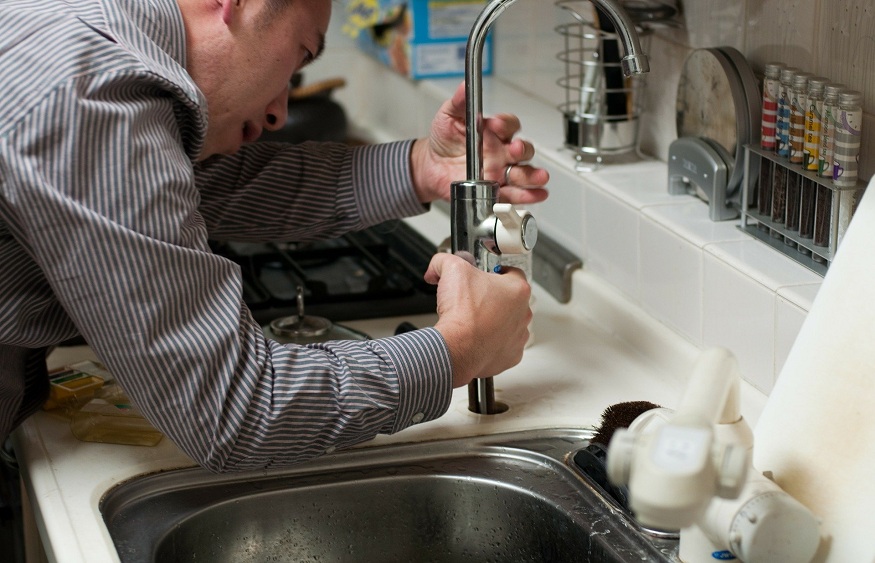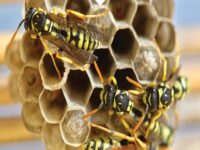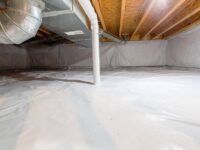Why It’s Important to Maintain Your Plumbing Regularly?

A qualified plumbing maintenance visit entails a thorough evaluation of your complete system, including all fixtures, to make sure that it is in top condition. This is different from a fast visual assessment of your plumbing’s exterior. Among the things examined are:
Your plumbing specialist will inspect all bathroom fittings, including sinks, bathtubs, and showers, regarding leaks, drainage problems, cracks, rust, and any mineral accumulation.
Every toilet: Toilets may save a lot of water, particularly when fixtures are sloppy. Each of your bathrooms will be inspected for cracks, loose parts, and other problems during a routine visit. During the visit, any necessary modifications will be performed if there are any loose components.
The water heater: The heating element will be examined by the plumber for damage and leakage. It could be ineffective and increase utility costs if it is outdated for more than six to seven years. The professional plumber will advise on any necessary improvements because local plumbing regulations change often.
Exterior: The plumbing technician will check the outside of the structure for leaks and any indications of water retention, which may be a result of leaks or poor drainage. Additionally, they’ll look for hazardous gas leaks that require rapid attention.
Sewage lines: A skilled plumber is required since sewage pipes are not always accessible, and issues are not always obvious. They use sophisticated equipment to examine every sewage pipe and fix any problems they find. You can use LA plumbing coupons for the services easily.
Why It’s Important to Maintain Your Plumbing Regularly?
Your pipes, along with sinks, toilets, water heaters, and other appliances, experience damage over time, just like any other component in your house. A Milford CT plumber (or a similar professional in your locality) can help prevent issues before they start by performing routine maintenance and identifying early signs of wear or damage in your system.
Maintenance saves expensive damage and delays.
It’s common for plumbing systems to be installed throughout a complete structure, encompassing the walls, ceiling, ground, and other areas. Since these pipes are out of sight, it is almost hard for a normal individual to detect a problem before it is too severe. You will usually discover a leak if there is a damp area on the ground or ceiling, which will require repair along with the broken pipes. A serious leak can also result in flooding, mold growth, and other expensive issues that could force you to close your building or company, costing you further money.
Prolongs the equipment’s lifespan.
Everything lasts longer with routine maintenance. The engine of an automobile would not survive more than a couple of years sans regular changes of oil. The same holds for plumbing fixtures such as water heaters, taps, baths, and showers. Once they receive the correct care, they will live longer.
An inspection might assist you in preventing plumbing issues.
Even minor plumbing issues may be quite stressful and disruptive. You may prevent scenarios like the following with an annual house plumbing inspection:
- water heater failure
- water pressure issues
- A toilet with a flushing malfunction
- blocked toilets and sinks
- dripping pipes
An experienced plumber will look into any plumbing issue they find throughout your examination. For example, you may get your water heater’s flow valve changed right away to ensure that it keeps functioning as it should.
How often should upkeep be performed on plumbing systems?
The majority of licensed plumbers concur that yearly plumbing maintenance is necessary. At most, two years should pass without having the pipes in your house inspected.
However, unlike other house systems, plumbing is broad and crosses several systems, as you are already aware. Additionally, there isn’t a certain time of year when people are more stressed. Because of this, it is challenging to suggest the ideal time to plan the maintenance. Maintaining consistency in how frequently the plumbing in your home is serviced is crucial.





